Sardar Vallabhbhai Patel
Sardar Vallabhbhai Patel was born on October 31, 1875 in Nadiad village of Gujarat state to Zaverbhai and Ladbai. Vallabhbhai, his father had served in the army of the Queen of Jhansi while his mother was a very spiritual woman. He was the India’s first home minister and the first deputy prime minister who died at the age of 75.
Sardar Vallabhbhai Patel Known as the “Iron Man” of India, Patel was a perfectionist in bringing the country together through merger of small princely states. In 1917 Sardar was elected councillor of the Ahmedabad municipality for the first time. He had contested from Dariyapur seat then, and had won by just one vote.
Sardar Bhai was so strict about his position that he had once told his son to stay away from Delhi if possible, so long as he was in the national capital. “Don’t misuse my name. Don’t use my name for any favours in Delhi”.
Sarvapalli Radhakrishna
September 5 is a most special day in the history of India. Dr. Sarvepalli Radhakrishnan, a legend teacher and India’s second President, is remembered on this day. He was born in in Tiruttani, a small village in Tamil Nadu. He is recognised and respected as one of the 20th century’s most respected Indian thinkers, philosophers and one of the greatest personalities.
The first book he wrote was about the philosophy of Rabindranath Tagore, which he believed to be the true manifestation of Indian spirit. He was among the first persons who laid the foundation of India’s relationship with the Soviet Union (now Russia). Although his persona was remembered as of a stern headmaster, he had a great sense of humor too. His name was nominated for the Nobel Prize in Literature for five consecutive years but unfortunately never won any, but he was a great teacher and a great leader.
Lal Bahadur Shashtri
Lal Bahadur Shastri was born on October 2, 1904, to Ramdulari Devi and Sharada Prasad Shrivastava, in Mughalsarai, Uttar Pradesh. Interestingly, the title “Shastri” was given after the completion of his graduation at Kashi Vidyapeeth, Varanasi in 1925.
He was against the prevailing caste system and therefore decided to drop his surname for maintaining a fair competition.
In 1915, a speech of Mahatma Gandhi changed his life and he decided to actively participate in India’s freedom struggle. He was so inspired that he compromised even with his studies. In 1921, during the non-cooperation movement, he was arrested for demonstrating defiance against the prohibitory order.
Shastri tackled many problems like food shortage, unemployment etc. To overcome the acute food shortage, Shastri asked the experts to plan a long-term strategy. This was the beginning of famous “Green Revolution”. He was also instrumental in promoting the White Revolution.
Lal Bahadur Shastri, died of cardiac arrest on 11 January, 1966. He is the only Indian Prime Minister to have died overseas. Lal Bahadur Shastri was awarded the Bharat Ratna, India’s highest civilian award posthumously in year 1966.
Atal Bihari Vajpayee
Atal Bihari Vajpayee is an iconic leader of the Bharatiya Janata Party (BJP), known for his cultural, liberalism and political soundness. He became the Prime Minister of India thrice!. It was during his tenure that India successfully conducted nuclear tests at Pokhran and renewed hopes for peace between India and Pakistan. Atal ji’s government has been till date the only non-Congress government to stay in charge for five years. Besides being a seasoned politician and outstanding parliamentarian, Atal Bihari Vajpayee is also a seasoned poet and a highly popular personality across the political era.
Atal Bihari Vajpayee started his career in politics as a freedom fighter. Later on, he joined the Bharatiya Jana Sangh (BJS), a Hindu right-wing political party, under the leadership of Dr Syama Prasad Mookerjee. After that he became national secretary of BJS in charge of the Northern region.
By 1984 elections, the BJP had established itself as an important political party in Indian politics. Vajpayee was sworn in as the 10th Prime Minister of India following the 1996 General Elections, where the BJP emerged as the single largest party in the Lok Sabha.
The 2004 General Election brought about the downfall of the NDA, which lost almost half its seats and the Congress-led United Progressive Alliance (UPA) assumed the reins of power. Vajpayee refused to take up the position of the Leader of the Opposition paving the way for Lal Krishna Advani’s leadership of BJP.
A.P.J Abdul Kalam
Dr. A.P.J. Abdul Kalam was born in a necessitous and little educated Tamil family on 15 October 1931. Dr. A.P.J. Abdul Kalam was our 11th President of India (2002-2007) and was elected against Lakshmi Sehgal in 2002 and had support from both the Bharatiya Janata Party and the Indian National Congress, the two leading political parties of India.
By profession, he was a scientist in India and worked with the Indian Space Research Organisation (ISRO) and Defence Research and Development Organisation (DRDO) as an aerospace engineer before becoming the President of India. His work in the development of launch vehicle and ballistic missile technology had earned him the name of the ‘Missile Man of India’.
In 1990, he was awarded the Padma Vibhushan by the Indian Government for his work with the DRDO and ISRO and as scientific advisor to the Government. And in 1981 he received the Padma Bhushan. In 1998, the Government of India presented to him the Veer Savarkar Award. And there are many awards list, he was the super hero for India and the man on him the whole country took pride.

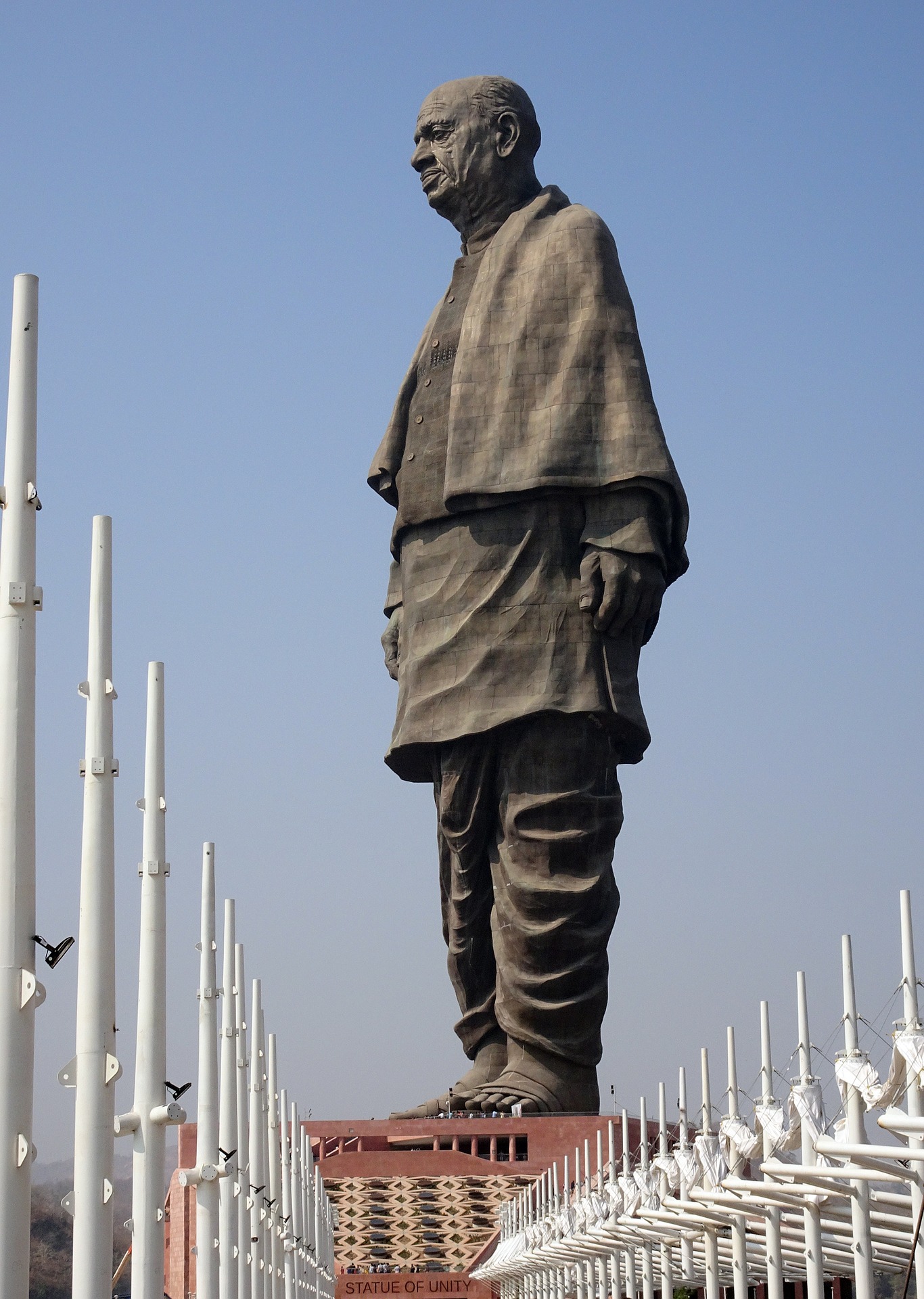
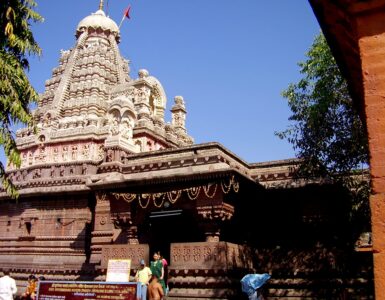
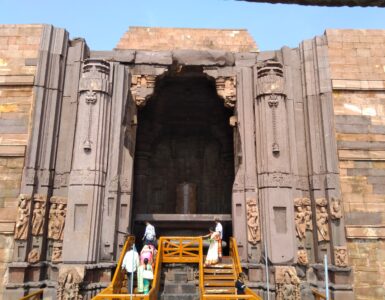
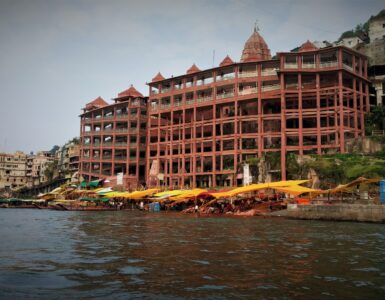
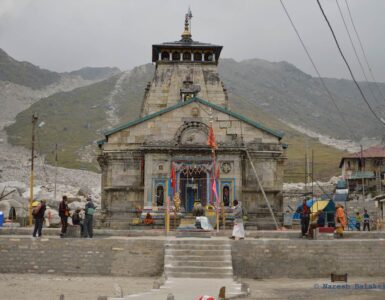
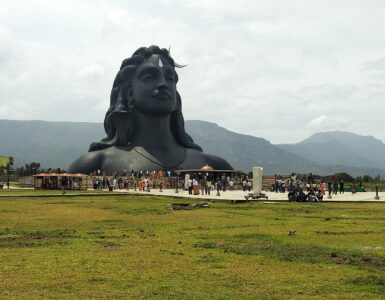
 The Bharatah is a website dedicated for exhibit about the Great Culture, Society, Literature, Economy, Education, History and Peoples of Spiritual, Irresistible, Developing, Intelligent, Vibrant, Diverse, Unite, Incredible India (Bharat). You can also get facts and trivia of traditions, festivals, arts, science, technology, statistical Facts about India. On this website you can explore Adventurous, Religious, Beaches, Hill Station Wildlife and Historic Tourist places of India.
The Bharatah is a website dedicated for exhibit about the Great Culture, Society, Literature, Economy, Education, History and Peoples of Spiritual, Irresistible, Developing, Intelligent, Vibrant, Diverse, Unite, Incredible India (Bharat). You can also get facts and trivia of traditions, festivals, arts, science, technology, statistical Facts about India. On this website you can explore Adventurous, Religious, Beaches, Hill Station Wildlife and Historic Tourist places of India.
Esamskriti: An online encyclopedia of Indian culture, Indian traditions, ancient India, education in India, history, Indian Travel, Indian leaders, festivals of India …
Awesome